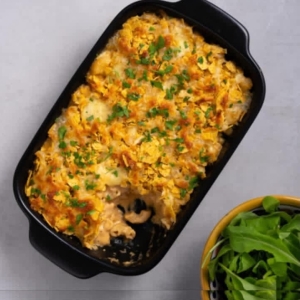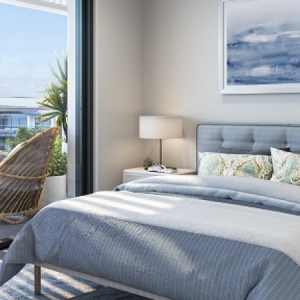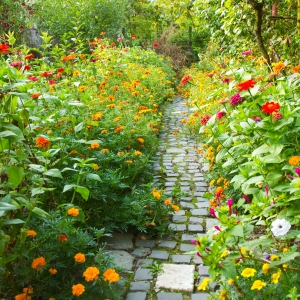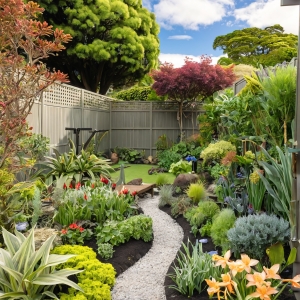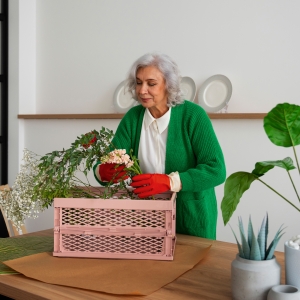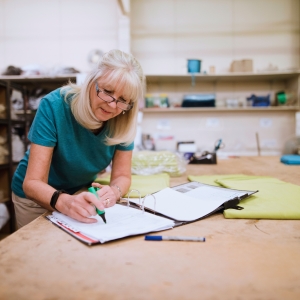Spring is in the air in New Zealand, and there's no better time to get your hands dirty and start gardening, even if you have limited space. Whether you live in an apartment, have a small backyard, or just want to make the most of a tiny garden, you can still enjoy the joys of gardening. Here are some tips to help you maintain a beautiful and productive garden, no matter how small your space is.
1. Maximize Vertical Space
When you're working with a small area, think vertically. Use trellises, hanging baskets, or wall-mounted planters to grow plants upward instead of outward. Vertical gardens are perfect for growing climbers like beans, peas, and even some varieties of tomatoes. Herbs and flowers can also thrive in hanging pots, adding greenery and color to your garden.
2. Choose the Right Plants
Selecting the right plants is crucial when space is limited. Opt for compact or dwarf varieties of vegetables, fruits, and flowers that are designed for small spaces. For example, bush tomatoes, dwarf beans, and baby carrots are ideal for container gardening. Herbs like basil, parsley, and mint are also great choices as they don’t require much space to grow.
3. Utilize Containers
Containers are your best friend in small-space gardening. You can grow almost anything in pots, from flowers to vegetables to small trees. The key is to choose the right size container and ensure it has proper drainage. Terracotta pots, wooden boxes, and even repurposed items like old buckets can be used as containers. Just make sure they’re suitable for your plants' root systems.
4. Companion Planting
Companion planting is a great way to maximize your garden's potential in a small space. By planting compatible plants together, you can improve growth, deter pests, and save space. For example, planting marigolds with vegetables can help repel harmful insects, while growing beans alongside corn can benefit both plants.
5. Rotate Crops
Even in small gardens, crop rotation is important to prevent soil depletion and pest buildup. If you’re growing vegetables, try not to plant the same crops in the same spot year after year. Rotate your crops by planting different families of vegetables in different areas of your garden each season.
6. Use Quality Soil
In small gardens, the quality of your soil is even more important because your plants are relying on a limited amount of nutrients. Invest in high-quality potting mix or compost to ensure your plants get the nutrients they need to thrive. Consider adding organic matter, such as compost or well-rotted manure, to enrich your soil.
7. Water Wisely
Watering can be a challenge in small spaces, especially if you’re using containers. Make sure your pots have good drainage to prevent waterlogging. Water your plants in the morning or late afternoon to minimize evaporation, and consider using a drip irrigation system or self-watering containers to make the most of your water.
8. Incorporate Edible Plants
If you’re short on space, why not grow something you can eat? Herbs, salad greens, and compact vegetable varieties are perfect for small gardens and can provide you with fresh, homegrown produce throughout the spring. Even a small balcony or patio can become a productive food garden with the right planning.
9. Make It Aesthetically Pleasing
A small garden doesn’t have to sacrifice beauty for function. Arrange your plants thoughtfully to create a visually appealing space. Mix flowers with vegetables, use colorful containers, and incorporate garden art or decorative elements to make your garden a delightful place to relax and enjoy.
10. Keep It Simple
Finally, remember that small gardens are easier to maintain if you keep things simple. Start with a few plants that you love and expand as you gain confidence. Gardening should be enjoyable, not overwhelming, so focus on what works best for you and your space.
Conclusion
Maintaining a garden in a small space might seem challenging, but with a bit of creativity and planning, you can create a beautiful and productive garden that brings joy throughout the New Zealand spring. Embrace the limitations of your space and turn them into opportunities to grow a unique and flourishing garden.
Happy gardening!






